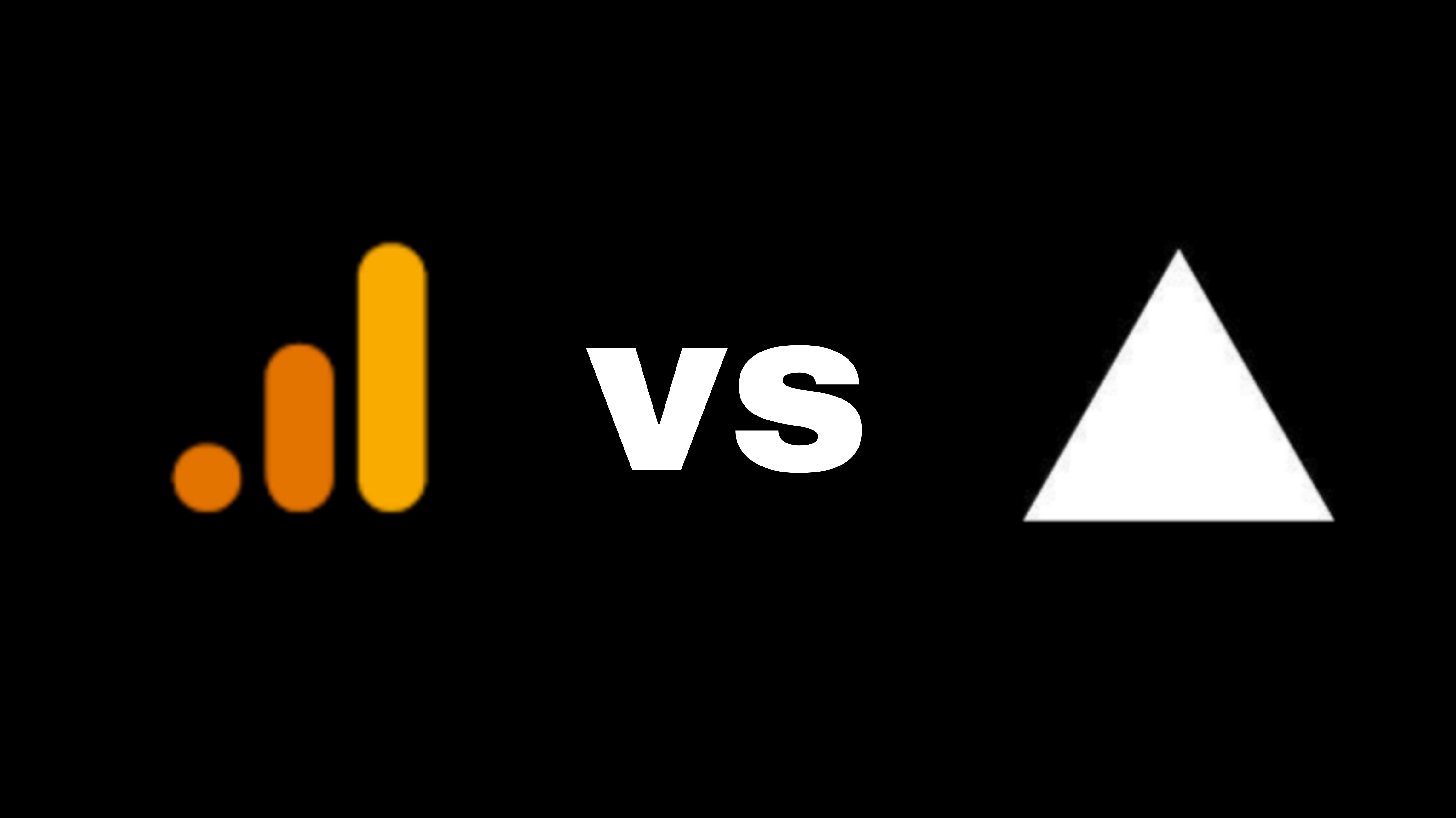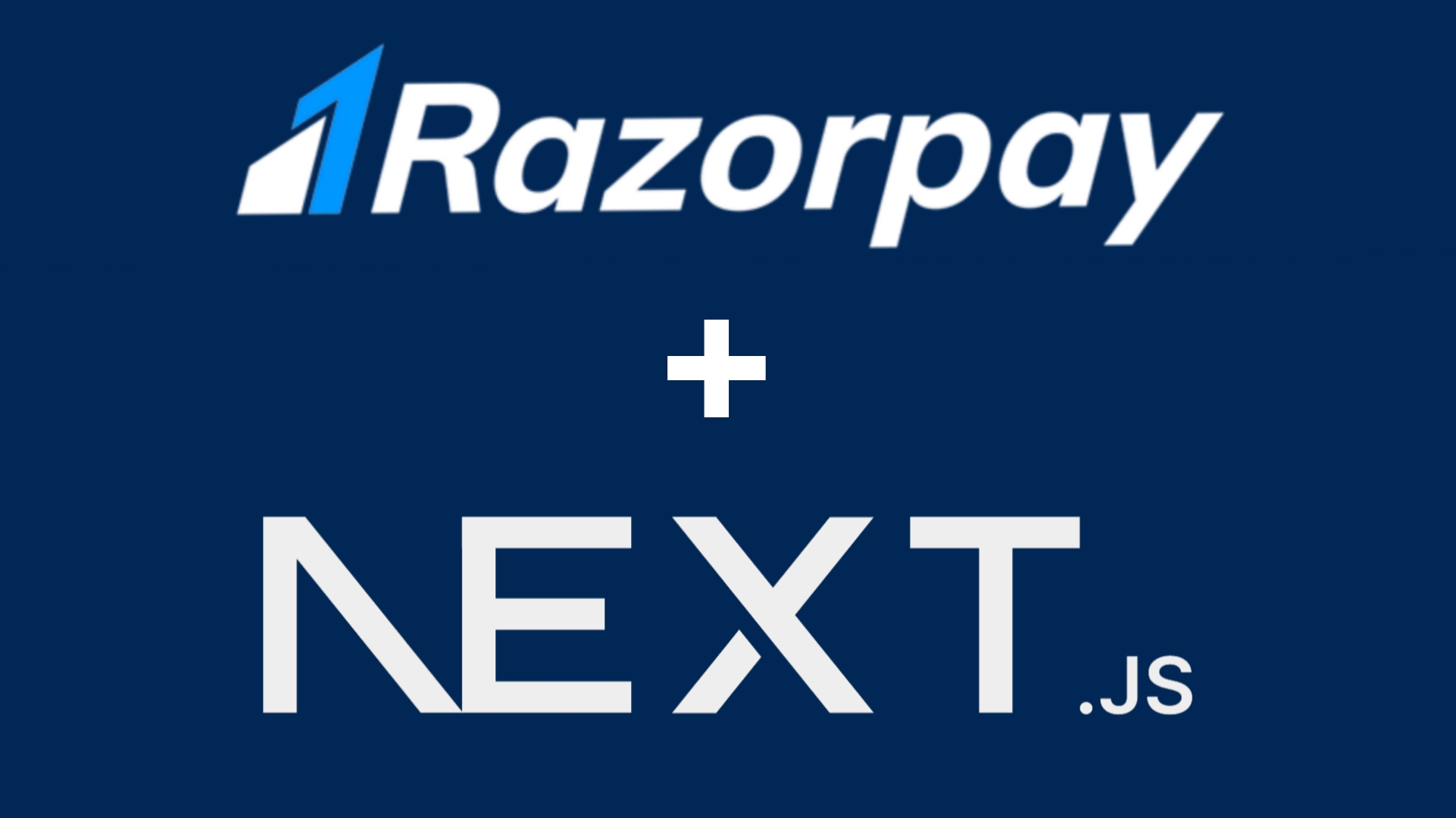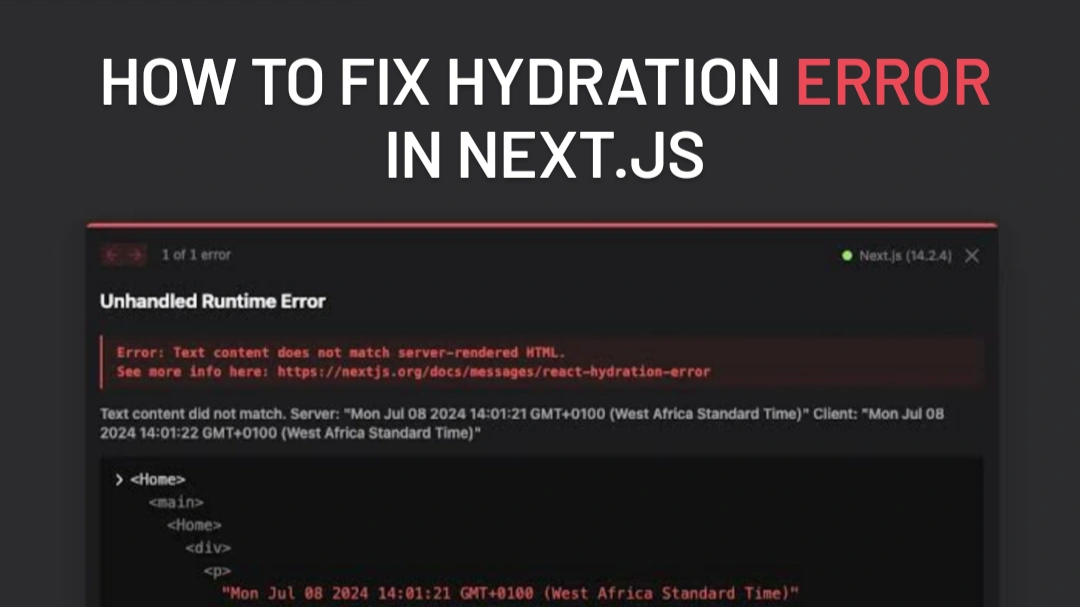Google Analytics vs Vercel Analytics

Introduction
Website analytics are crucial for understanding user behavior, improving SEO, and optimizing performance. Google Analytics and Vercel Analytics are two popular options, each catering to different needs. In this blog, we’ll compare their features, advantages, and limitations to help you make the right choice.
Google Analytics: Comprehensive Data Tracking
Key Features:
- Tracks user behavior, traffic sources, and conversions.
- Supports event tracking and custom reports.
- Provides audience insights, including demographics and interests.
- Free with an option to upgrade to GA4 360 for advanced features.
Pros:
✅ Highly detailed reports.
✅ Free for most users.
✅ Extensive integration with Google services (Ads, Search Console).
Cons:
❌ Requires cookie consent (affects compliance).
❌ Complex setup for custom tracking.
❌ Can impact site performance due to heavy scripts.
Vercel Analytics: Lightweight and Privacy-Focused
Key Features:
- Provides real-time traffic insights.
- Tracks top pages, referrers, and user devices.
- Event tracking for button clicks, form submissions, and conversions.
- Works seamlessly with Next.js and Vercel deployments.
Pros:
✅ Lightweight, no performance impact.
✅ Built-in for Vercel-hosted sites.
✅ GDPR-friendly with no cookies needed.
Cons:
❌ Limited historical data and reports.
❌ Fewer customization options.
❌ Requires Vercel hosting for full benefits.
Which One Should You Choose?
| Feature Google Analytics Vercel Analytics | ||
| Data Depth | Advanced | Basic |
| Ease of Use | Moderate | Easy |
| Performance Impact | High (script-heavy) | Low (lightweight) |
| Privacy Compliance | Needs consent | No cookies required |
| Customization | Extensive | Limited |
| Best For | Large businesses, marketers | Developers, Next.js users |
- Choose Google Analytics if you need deep insights and advertising integration.
- Choose Vercel Analytics if you prioritize speed and privacy.
Final Thoughts
If you run a content-heavy website or eCommerce store, Google Analytics is a better choice due to its extensive tracking capabilities.
On the other hand, if you're a developer-focused on performance and real-time data, Vercel Analytics is a great lightweight alternative.



